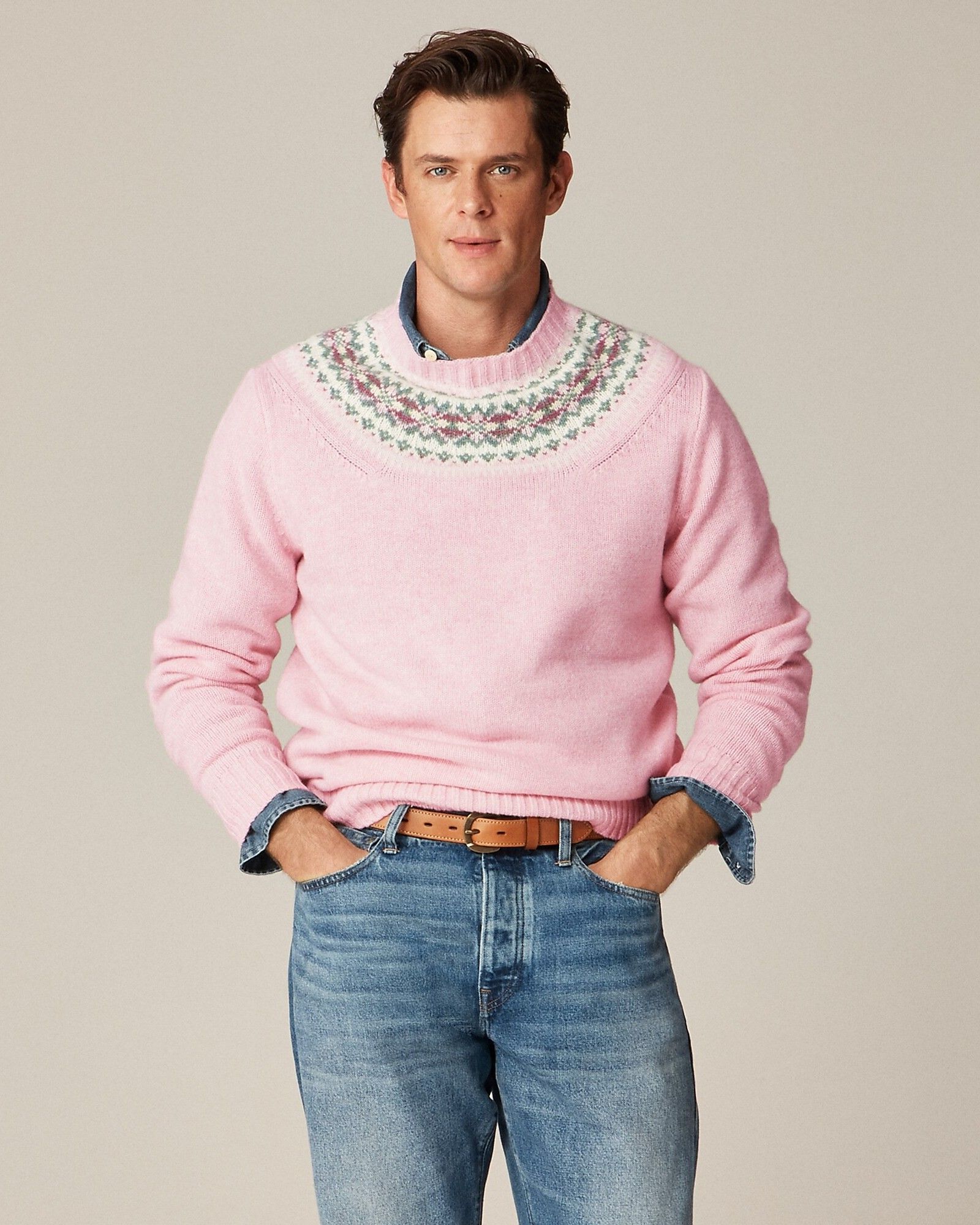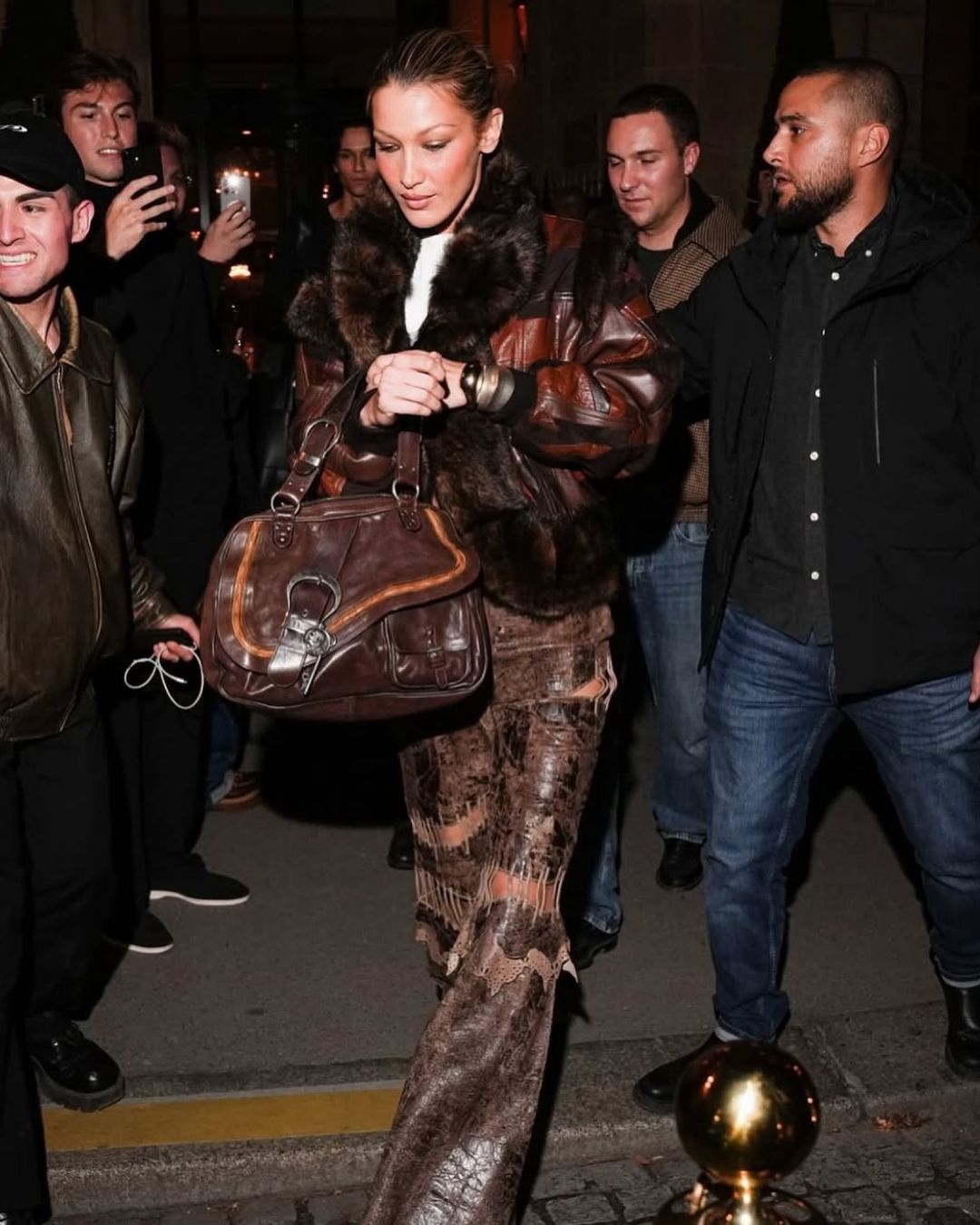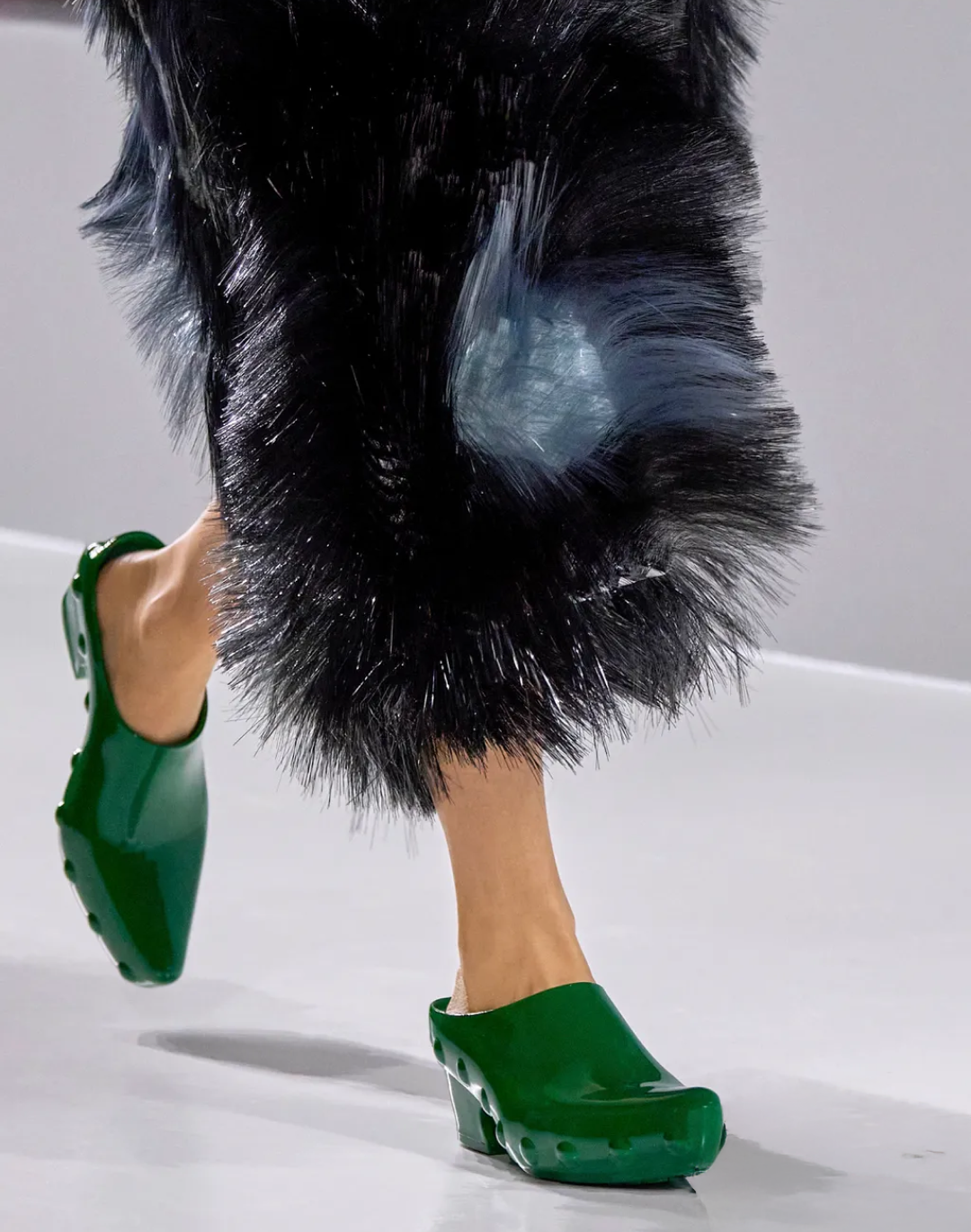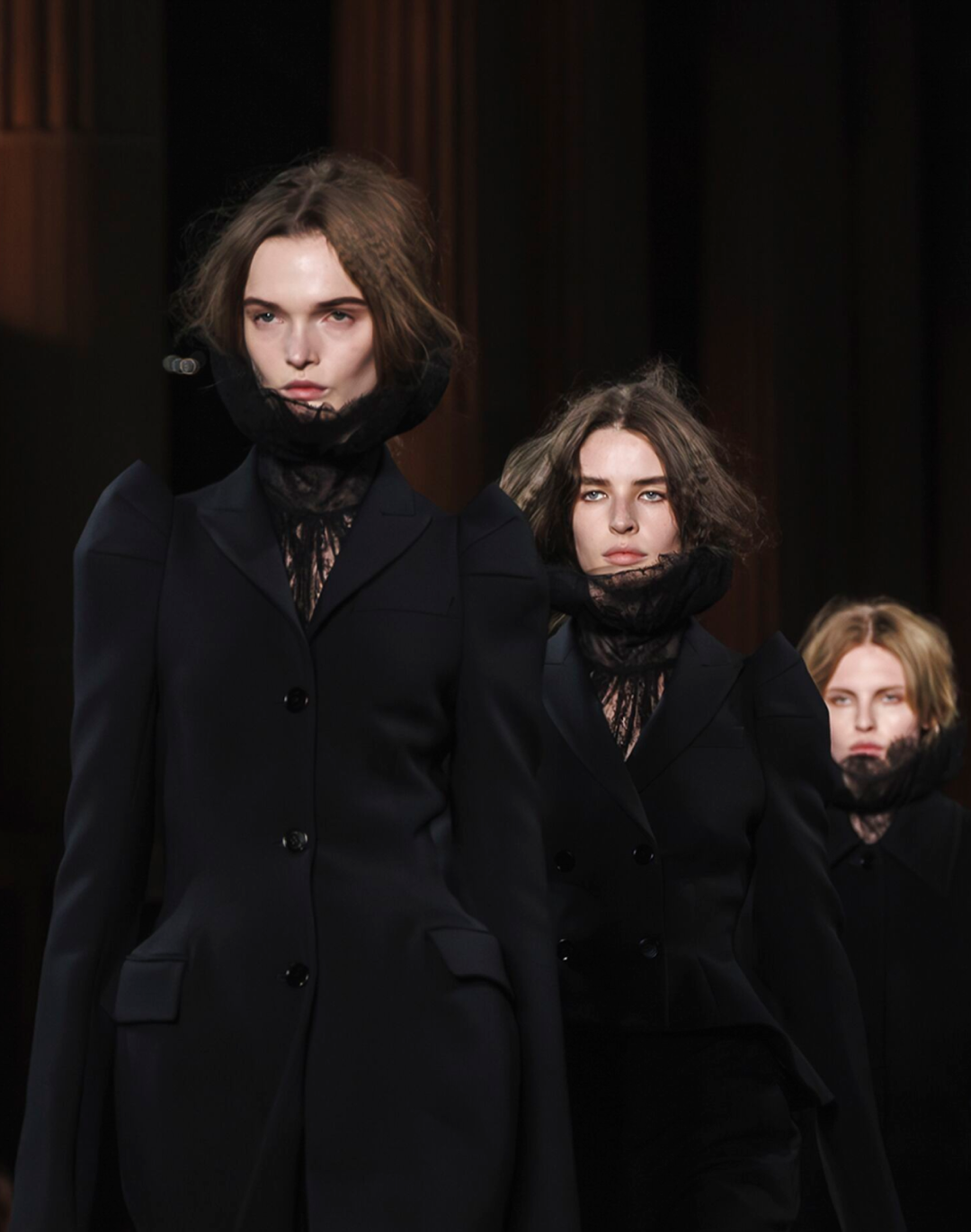
How are fashion brands perceived in Portugal? Let's map out the trends of one of the most important emerging markets in Europe
Portugal is one of the newest and most exciting emerging fashion realities. Not only is it home to e-commerce titan Farfetch but, since the national edition of Vogue was relaunched in 2017, the whole world and not only insiders have realized the country's extraordinary wealth in terms of the manufacturing industry as well as its contribution to international modelling: Sara Sampaio, twins Kevin and Jonathan Sampaio, Fernando and Armando Cabral, Francisco Henriques. The strength of Portuguese fashion is also demonstrated by the celebrations for the 50th edition of Lisbon Fashion Week, held last March, and also by the cultural vibrancy of centres such as Lisbon and Porto, increasingly populated by creatives and on their way to becoming European-level hotspots for artists. At the same time, however, like many emerging luxury markets, the degree of diffusion and perception of the big fashion brands in Portugal has not yet been completely decoded.
To better analyze the dominant trends today in Portugal, the editorial staff asked five Portuguese fashion insiders to use the Cartesio platform, created by nss factory in collaboration with Lyst, to categorize the main luxury brands.
Maria Galvão (@mariagdgsousa)
Fashion Communication & Production - Lisbon
«In the past few years, we’ve seen an evolution in the final consumer of fashion, the consumer has become more savvy and knowledgeable about what they expect from a brand. With this in mind, brands need to be mutable and be able to expand and evolve, inter-changing between different aesthetic universes but never losing sight of their core values and ethos».
Ronaldo Rómulo (@ronaldromulo)
Stylist, personal buyer & DJ - Lisbon
«I personally found the impact of fashion change and fashion consumption linear, the fashion change phenomenon is more chaotic than ever, and while the seasonal fashion style/trend is spread to the mass market nowadays is complex and bit difficult to find out the holistic reason to explain fashion consumption, but in my point of view being fashionable, or perception of fashionability and his system participation affects the ultimate decision on fashion consumption».
João Pedro (@wrongweather)
Buyer and owner of Wrong Weather boutique - Porto
«The reposition of the lux vs street brands in the ecosystem is not going to end soon. In the end both need each other to be relevant and reach new customers. For the heritage lux brands bringing new young customers is the key to continue being relevant so collabs with the top street brands will be very important. For the street brands collaboration is also essential in order to upscale and to positioning the brand».
Ricardo Almeida (@rickgotkicks)
Director of Contracoutura - Porto
«Nowadays everything is happening faster than ever and fashion brands struggle to keep up with the pace at which information, stimulus and trends are travelling, as this might call for drastic changes. But, in the end, evolution is unavoidable. So I believe the biggest challenge for any fashion brand is to have a deep understanding of its own core identity to be able to translate it to any context or trend, or they risk losing it in the process».
Lucas Viegas (@lucasviegaswk)
Fashion Influencer - Lisbon
«We live in an era where nothing is set in stone and new ideas appear every day. The brands who manage to stay are the ones with a strong personality and values, even when they manage to adapt themselves to the moment».



















































